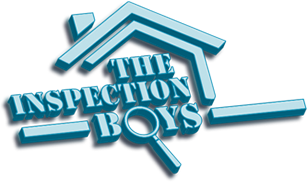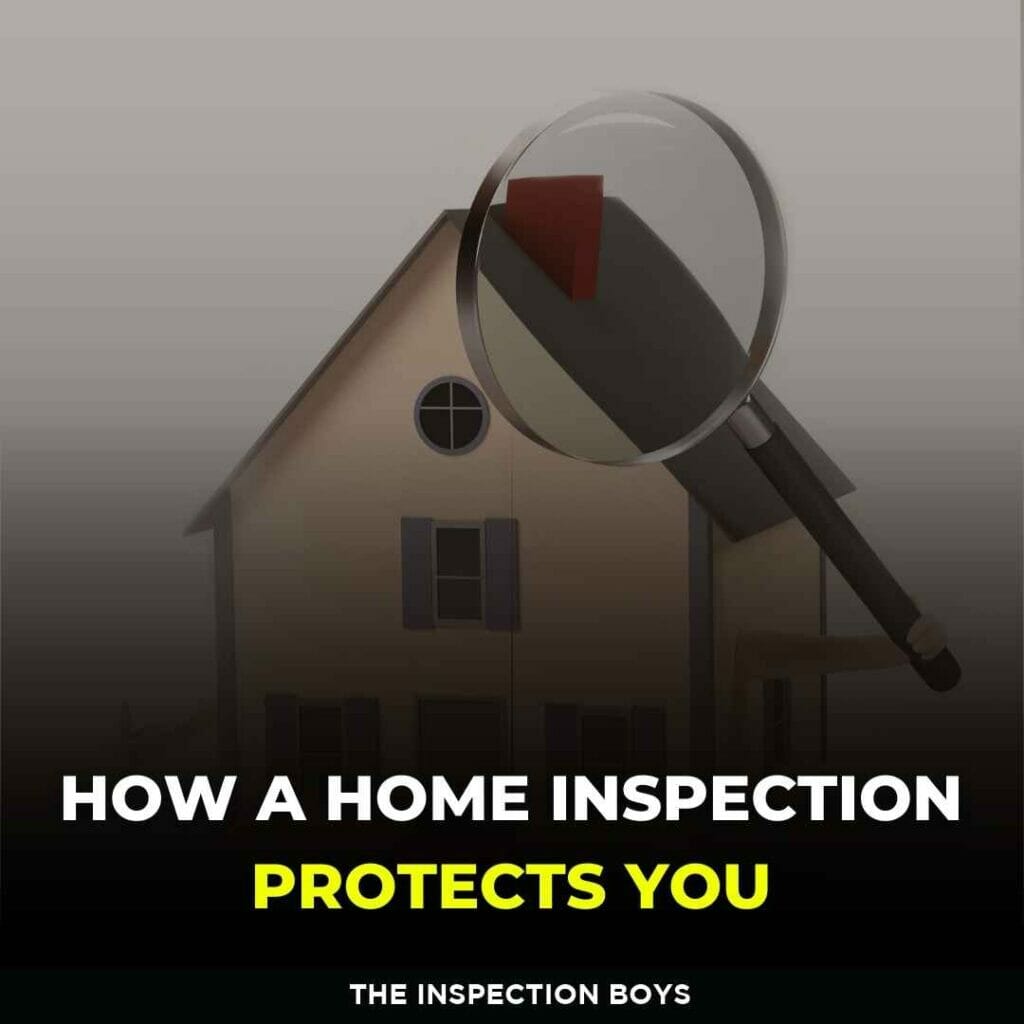Introduction
After the seller accepts your offer to buy a home, the most significant event before closing is the home inspection. It’s such a pivotal point that many home purchase agreements include a contingency that lets buyers dissolve the purchase agreement if major issues are found during the inspection.
The Importance of a Home Inspection
If the inspector finds relatively minor issues with the home, it’s likely you can negotiate with the seller to fix them, or the seller can pay you to fix them when you move in (if they are minor, of course). However, an inspector also could find enough major problems that you decide to withdraw your offer.
What Is a Home Inspection?
When you hire a professional home inspector, they conduct a thorough review of the home’s most important components—such as its structure, roof, air conditioning/furnace and electrical system—before you purchase the property. The inspection usually takes at least a couple of hours.
Scheduling and Cost of a Home Inspection
A home inspection takes place after a seller accepts your offer to buy a house and before closing. You’ll likely schedule the inspection directly after you sign the purchase agreement to allow enough time to get the inspector into the home and provide a report well before the closing date. Plus, an early initial inspection makes it easier to set a follow-up inspection if needed.
As the buyer, you will schedule and pay for the home inspection, which typically ranges from $300 to $500. This is ideal because you want the inspector to provide you with any valuable information that could affect pre-closing negotiations.
Home Inspection vs. Appraisal
While you—the buyer—hire a home inspector to do a thorough review of the condition of your possible future home, your lender hires an appraiser to estimate the value of the home. The appraiser conducts a review of the property as well as comparative properties and sale prices for those houses.
The Role of State Regulations and Associations
States often regulate the homeowner inspection industry and set inspector requirements. You can see your state’s regulations on the ASHI website.
When selecting a home inspector, you should seek recommendations from your real estate agent, family, and friends. You can also utilize online resources such as the Find An Inspector tools from reputable organizations like the American Society of Home Inspectors (ASHI) and the International Association of Certified Home Inspectors (InterNACHI). Additionally, consider checking the Better Business Bureau (BBB) website for any formal complaints about the inspector you’re considering.
Questions to Ask a Home Inspector
Before you hire an inspector, it’s a good idea to gain some clarity. You might ask these questions directly to the inspector or to a contact at a company that has multiple inspectors on staff or under contract:
- What is your inspection process?
- How soon could I schedule an inspection?
- How soon will an inspector issue a report?
- How will I get the report? Will you email it to me, or do I need to pick it up?
- What’s the inspector’s name and what is his/her expertise?
- Could you share references for your company/inspector?
- Does the inspector have particular experience with residential home inspections?
- What will the inspection cover?
- How long will the inspection take, and is it a problem if I attend?
- How much will the inspection cost?
The Cost of a Home Inspection
A home inspection could cost you $300 to $500, which is reasonable because you are hiring a certified professional to take a few hours to thoroughly review a property and issue a detailed report soon after.
Understanding the Home Inspection Process
A home inspector looks throughout the home during an inspection, from the basement to the roof, as well as for other issues that might affect the property’s value.
The main categories include:
- Structure, including the foundation
- Plumbing and electricity, to make sure the systems are working properly
- HVAC, including the air conditioner, furnace, and related equipment
- Kitchen, including appliances
- Exterior, such as driveways, porches, and other spaces beyond the residence
- Roof, gutters, and windows
- Attic, especially to find signs of mold and leaks
- Duration of a Home Inspection
The length of the inspection will likely depend on the size of the home and surrounding land. Expect it will take at least a couple of hours, as the inspector has to look into each area of the home, climb on the roof and test the HVAC system, every electric outlet, and the plumbing.
Reviewing Your Home Inspection Report
Home inspection reports often are completed within days of the inspection and could be sent to you as a PDF and/or through an online portal.
If you attend the inspection and talk to the inspector, it’s unlikely the report will include any major surprises. But it’s important to see some of the issues in writing, as they will give you valuable information to discuss with your real estate agent, lawyer, and possibly the seller.
Steps to Take After a Home Inspection
After you review the report, plan to discuss it with your real estate agent and lawyer (if you have one).
You’ll need to:
- Prioritize
- Estimate
- Compromise
- Conclusion
A home inspection is a straightforward way to get a professional, third-party review of the condition of the house you’re about to buy. Although it can be disappointing to find out the home you want is in a state of disrepair, it’s best to confirm that before you finalize the purchase and move in, only to find out you’re on the hook for more money than you bargained for.
Key Takeaway
Buyers can protect themselves by leveraging the information from a home inspection and making informed decisions regarding their prospective home. If you need home inspections, you can contact us here.

